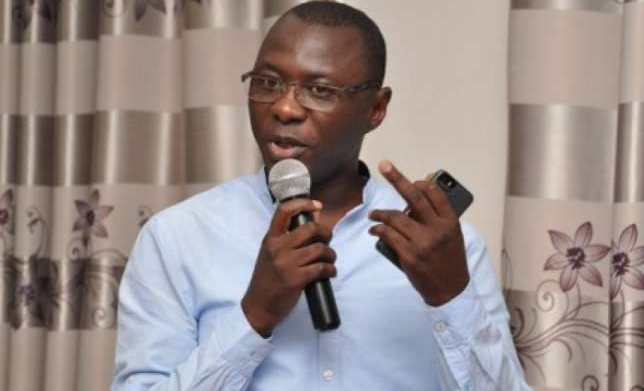
ACEP launches citizens agenda
An initiative to involve the citizenry in the process of making policies for the petroleum and energy sector has been launched by the Africa Centre for Policy (ACEP) in Accra.
Dubbed “Citizens Agenda for Energy Sector Development,” is aimed at using democratic elections as an instrument for generating policy reforms, building political consensus of policies and holding elected officials accountable for their promises.
Launching the programme in Accra, the Executive Director of ACEP, Dr Mohammed Amin Adam, said the launch in Ghana would precede the next one in Sierra Leone and Kenya in 2017.
“Also known as ‘Citizens Energy Manifesto’ is our flagship elections project aim at holding our governments accountable, informing and educating citizens of alternative policies for our petroleum and energy sector,” he said.
The platform
The project consists of two—level activity, the first involves citizen’s forum in the Northern Region, Ashanti Region and Western Region to provide a platform for citizens to indicate their priorities in the petroleum and energy sector.
The second is also an expert panel on manifesto proposals of the parties in the petroleum and energy sector in which seasoned experts will be assembled to publicly evaluate the feasibility of the manifesto proposals of the political parties.
Given further explanation, Dr Adam said the views which would be collated from the processes would become the Citizens Agenda for Energy Sector Development in Ghana or the Citizens Energy Manifesto, and will be presented to the political parties.
“During the presentation of the manifesto, political parties are expected to declare their commitments to the citizen’s energy agenda. Therefore, with a social contract established through this process, Ghanaians have a basis to evaluate the performance of their government after the general elections,” he added.
Oil and gas sector
TEN is expected on stream in the third quarter of this year; Sankofa would produce oil in 2017, and gas in 2018. These projects will increase production of crude oil to an estimated 250,000 barrels a day, which will double petroleum revenue to the government at current levels of crude oil pride.
Dr Adam urged Ghanaians to engage the political parties to scrutinise their policies on how best the revenues could be managed when they came back.
“Given the current level of inactivity on Ghana’s exploration map, we are worried about the future of the oil industry. We are currently depleting reserves without replacing them at the same level, as oil companies hold inactive petroleum licenses,” he said.
Energy sector
There are major developments in the energy sector, which the next government will be confronted with and irrespective of the party that wins the 2016 general elections, the challenge will be the same.
This, therefore, requires pragmatic and practical policies to correct the imbalances in the sector.
The executive director cited the type of fiscal regime Ghana should adopt for granting oil and gas rights, as one of the key issues that concerns the citizenry.
He also noted that the power sector challenges have formed a major part of the policy discourse over the past few years. The two most important issues in this sector—financing and technical/operational efficiency of utilities.
The Energy Commission estimates that the utilities will require about US$ 1.18 billion to purchase fuel in 2016. This will increase to about US$1.5 billion in 2017, if indigenous and imported gas supply does not improve.